A revolutionary biotech company that helps the world’s second-largest polluting industry to save costs and dramatically reduce its environmental impact.
Company:
Colorifix Limited
Geography:
Europe
Asset Class:
Private Equity
Strategy:
Early/Growth stage
Sector:
BioTech
Opportunity:
A massive shift of mindset: around 33% of consumers choose to buy from socially and environmentally conscious brands, creating an estimated USD 1 trillion opportunity for companies that make their sustainability credentials clear and authentic.
Results:
By 2021, 882,400kg of toxic chemicals will not contaminate our planet, 23,384GJ of energy will not be wasted, and 86 million liters of water will be put into better use. That’s positive global impact at its finest.
MORE ABOUT THE PROJECT
Challenge
The textile dyeing industry is one of the most environmentally destructive industries in the world due to its massive waste of chemicals, water and energy.
- Chemicals: 200,000 tons of highly toxic azo dyes are annually released into the environment, polluting rivers, lakes and soils
- Water: The dyeing industry consumes around 5.8 trillion liters of water per year. That’s roughly the equivalent of 3.7 billion Olympic swimming pools
- Energy: An estimated 392 billion kWh per year is used to produce dyes. This is almost equal to the annual electricity consumption of France (67 million people)
According to the World Bank, the textile industry alone is responsible for about 20% of global industrial water pollution. As the demand for cheap clothing has risen over the past decade, it has led to thousands of unregulated, small dye-houses in countries like India, Bangladesh or China with extremely poor and unsafe working conditions, part of which is due to toxic dyes.
Solution
Colorifix has developed a natural textile dyeing method that requires no toxic materials and much lower water and energy consumption. Thanks to synthetic biology, Colorifix is able to take any color found in nature and reproduce it at scale in high quality and at a very competitive price. The waste products include a small amount of inactive biomass, salts, glycerol and sugar molasses. These require minimal processing and most waste management services are capable of handling this type of waste at a lower cost than existing dye waste.
Impact
Colorifix has massive potential for positive environmental, financial and social impact. Just a 10% penetration of the polyester and cotton industry would save the world approximately 0.7 trillion liters of water per year – equivalent to the annual consumption of 1 billion children. Simply because the Colorifix process only needs 10L of water for 1kg of dyed fabric, compared to the 15L to 160L the conventional dyeing industry needs. Additionally, Colorifix’s technique requires 3 to 26 times less energy (1.5 GJ/ton) compared to the traditional high-temperature dyeing techniques (5-40 GJ/ton). Last but far from least, Colorifix is a natural dyeing method.
